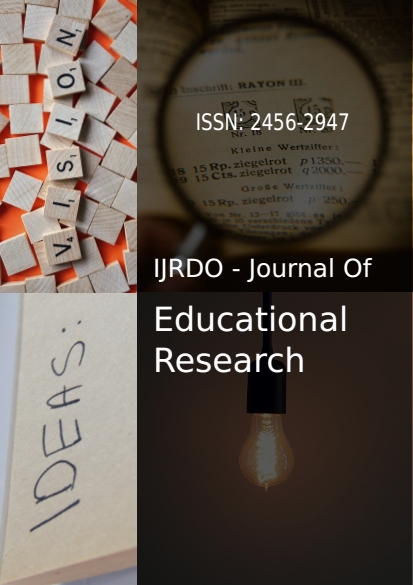

In the educational process, therefore, the soft dimensions come into play such as teaching styles and management of interactions that enable, especially those who do not have access to the resources that allow them to be active and able participants, to make use of knowledge to achieve their personal ambitions. Furthermore, this also attenuates or reinforces motivations, expectations, intentions, self-representations and practices of inclusion and exclusion, discrimination and social hierarchisation.

In the knowledge society, in which the trajectory of social development is fragmented by the pace and scope of change in social connections, education should lay the foundations for a new and different kind of social order. #Non formal education lebanon professional#.Opportunity 7: Make schools safe for all children. Opportunity 6: Increase access to education for young children (aged 3 to 6) and adolescents (aged 15 to 18). Opportunity 5: Strengthen pathways to and retention in formal education by scaling up accelerated learning programs (ALPs) and remedial learning programs (RLPs).

Opportunity 4: Remove the administrative and policy barriers preventing refugee children from accessing formal education in Lebanon. Opportunity 3: Establish a new budget for RACE with the aim of creating a more responsive donor base. Opportunity 2: Rapidly scale up access to formal education with additional financial support. Opportunity 1: Bolster MEHE’s capacity to lead the education response by rallying behind the establishment of a dedicated Program Management Unit (PMU). Partners have identified seven opportunities to accelerate progress rapidly and in time for the upcoming 2015/16 school year. Public schools provide less than 30% of Lebanon’s education, a share that has been dropping over the past decade due to concerns over the quality of education.Ĭonsultations with the MEHE and its partners in Lebanon point to the importance they attach to the collective effort made to achieve the progress to date. But the refugee crisis has put Lebanon’s already limited public education system under strain. RACE further seeks to improve the quality of learning for all children in Lebanon.Įfforts to address the educational needs of all Lebanese and Syrian children represent the best scenario for Lebanon and the region. Developed with UN agencies, international donors and non-governmental organizations (NGOs), the Ministry of Education and Higher Education (MEHE) is leading the Reaching All Children with Education (RACE) strategy, which aims to ensure that 470,000 vulnerable school-aged children - those afected by the Syria crisis as well as underprivileged Lebanese children - are able to access quality formal and non-formal educational (NFE) opportunities. The Government of Lebanon is committed to providing refugee children with an education. These children are becoming trapped in child labor, early marriage and extremism at alarming rates, making their safety and the safety of Lebanon as their host country a top concern for their families, the Government of Lebanon and national and international organizations.

One out of ten people in Lebanon is a child from Syria, and the majority of these children are not in school. Nowhere is the challenge of extending access to education graver than in Lebanon. The Syrian conflict has caused one of the worst humanitarian disasters in modern times with an unprecedented loss of life and an increasingly long-term impact on the safety and stability of the region.


 0 kommentar(er)
0 kommentar(er)
